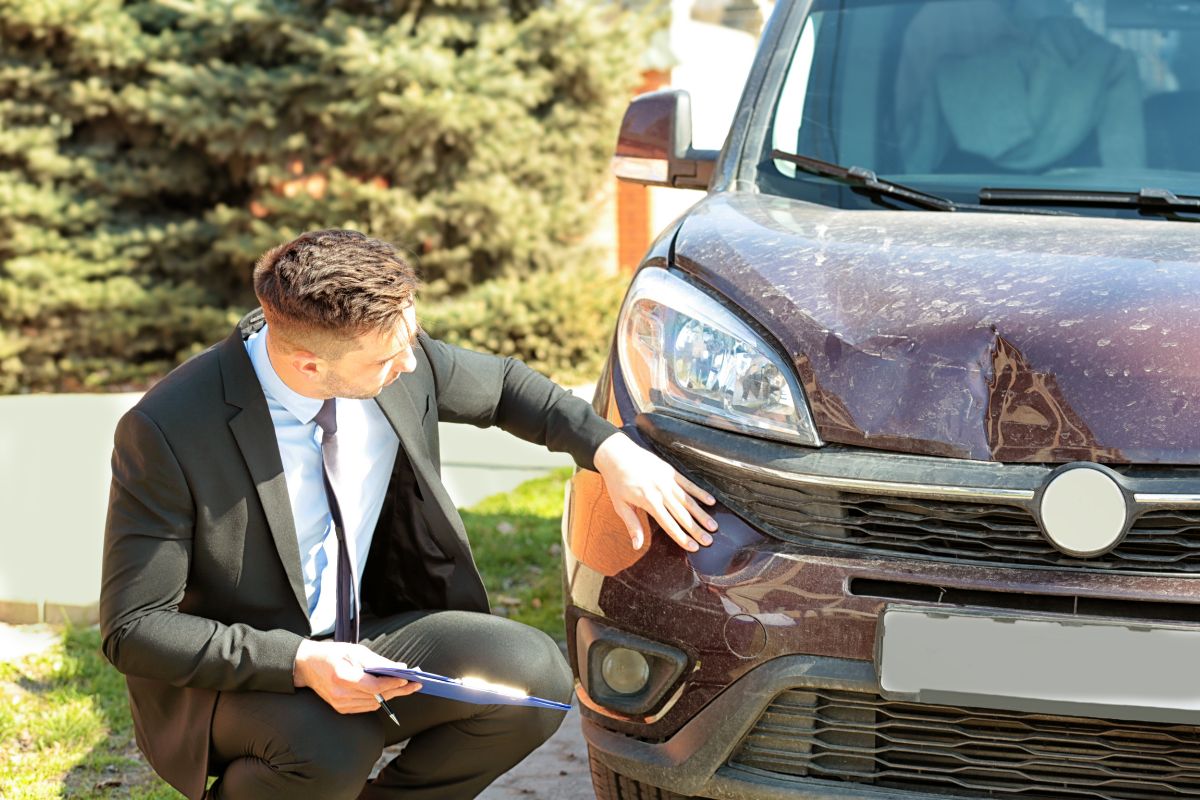Ever been in a car accident in Virginia? It can be pretty overwhelming, right? Well, we’ve got your back!
This guide breaks down the necessary steps to take after a car collision. It’s like a roadmap to help you through the confusion.
If things get tricky, having a Virginia car accident lawyer by your side is like having a guardian angel for your rights.
Don’t stress—get the lowdown on what to do so you can bounce back strong after a bump on the road!
Let’s start to learn!
Understanding Virginia Car Accident Laws
You should familiarize yourself with these laws if you want to deal better after a car accident:
1. Fault-Based System:
In Virginia, if there’s a car accident, the person who caused it is considered responsible and has to pay for the damages. It’s important to understand this basic idea because it affects how insurance claims and legal actions work.
2. Minimum Insurance Requirements
In Virginia, it’s a rule that everyone who drives must have insurance. This insurance should cover at least a certain amount of money if you cause an accident. The smallest amount you need is $30,000 if one person gets hurt or dies, $60,000 if two or more people get hurt or die, and $20,000 if something gets damaged.
3. Comparative Negligence
In Virginia, they follow the idea of comparative negligence. This means that if you’re partly responsible for an accident, the money you get as compensation will be less. Imagine you were in an accident, and a court says you’re 20% responsible for it. Well, your payment or money you get will be 20% less because of that.
Penalties for Violating Laws
Here is what you need to know to avoid breaching accident laws in Virginia:
1. Failure to Exchange Information:
In Virginia, it’s against the law to keep quiet about what happened after an accident. If you don’t share information, you could get in trouble. This could result in paying fines, getting points on your driver’s license, and making your insurance more expensive.
2. Driving without Insurance:
Driving a car in Virginia without the right insurance is a big problem. If you get caught, you could face serious consequences. This includes having to pay fines, losing your license for a while, and being required to submit an SR-22 form. The SR-22 is a certificate that proves you have the financial means to drive again after breaking the rules.
Immediate Steps after a Car Accident
Follow these steps to take care of yourself, your passengers, and others:
1. Prioritize Safety:
The top priority is to make sure everyone is safe after a car accident. If possible, move to a safe place quickly to avoid more injuries or damage. Turn on your hazard lights, use warning triangles, and call 911 right away to report the accident.
2. Share Information:
It’s really important to exchange information with everyone else involved in the accident. This includes sharing details like names, addresses, phone numbers, insurance info, and vehicle registration. Not doing this, as required by the law, can lead to serious penalties.
3. Take Pictures:
Don’t forget to take pictures of the accident scene. Capture photos of the damage to the vehicles, license plates, and any important road signs or signals. This careful documentation is crucial for insurance claims and if there are legal issues later on.
4. Notify Your Insurance Company:
Make sure to call your insurance company right away if you’re in an accident. Tell them exactly what happened, giving all the details. Stick to the facts and be careful about saying it was your fault, as that might affect your claim.
Seeking Prompt Medical Attention
Even if you don’t feel hurt right after an accident, it’s really important to see a doctor quickly. Sometimes, injuries don’t show up right away, and it’s important to get medical records for your health or if you have to make a legal claim.
It’s really important to keep and take care of your medical records if you’re thinking about asking for money because of an injury. These records are like solid proof that you got hurt and had to go to the doctor for help.
When to Speak to a Lawyer
For these scenarios, you should definitely consult an attorney:
A. Serious Injuries
If you get really hurt in a car crash, it’s a good idea to talk to a personal injury lawyer. These lawyers can figure out how much money you might get for your injuries, help you through the complicated legal stuff, and make sure your rights are protected.
B. Disputed Liability
When it’s not clear who’s to blame or if there’s an argument about it, having a lawyer is really important. A lawyer can collect proof, talk to people who saw what happened and build a strong case to support the injured person’s side of the story.
C. Insurance Disputes
If you’re having problems with your insurance, like if they say no to your claim or don’t give you enough money, having a lawyer can really help. A lawyer knows how to talk with the insurance company and can even take them to court if needed, all to make sure you get the right amount of money for what happened to you.
D. Understanding the Statute of Limitations
In Virginia, there is a rule that sets a time limit for when you can file a personal injury lawsuit. If you don’t file within that time, you might lose the chance to ask for compensation. Talking to a lawyer helps you know about and follow these time limits.
Wrapping Up
Going through a car accident is really tough, but knowing what to do afterwards is super important.
If you follow the steps given in this article, you can handle the complicated aftermath of a car accident better and feel more confident.
Thanks a bunch for checking out this guide! We hope it comes in handy when you need it. Enjoy!
Have you ever faced penalties for not exchanging information after a car accident? How did the situation unfold? Share your thoughts or experiences.






